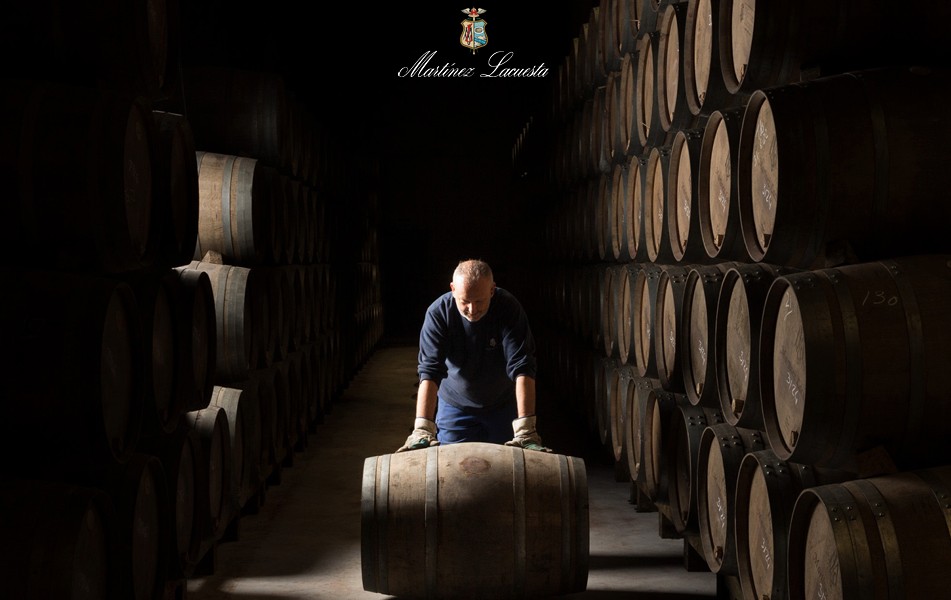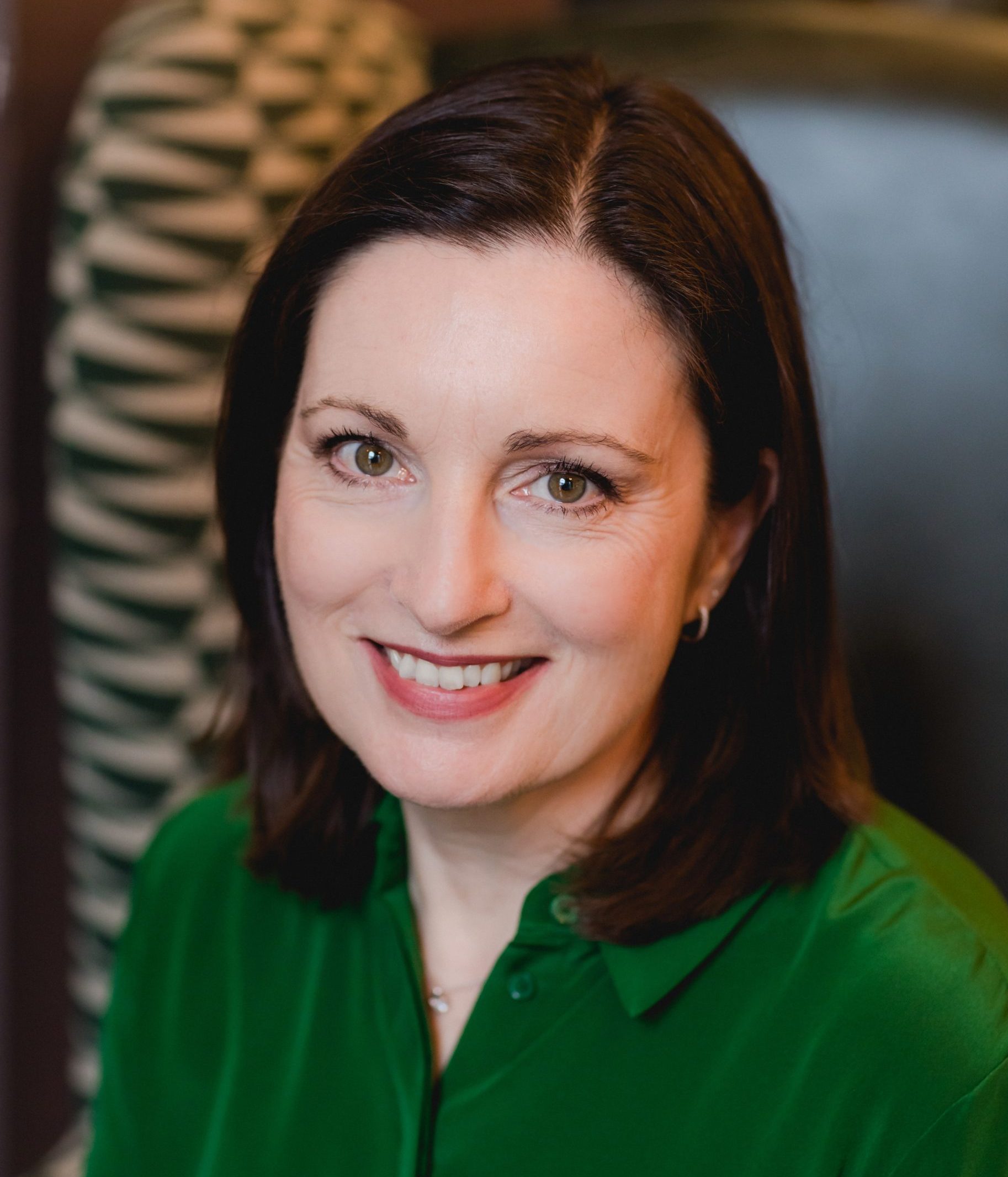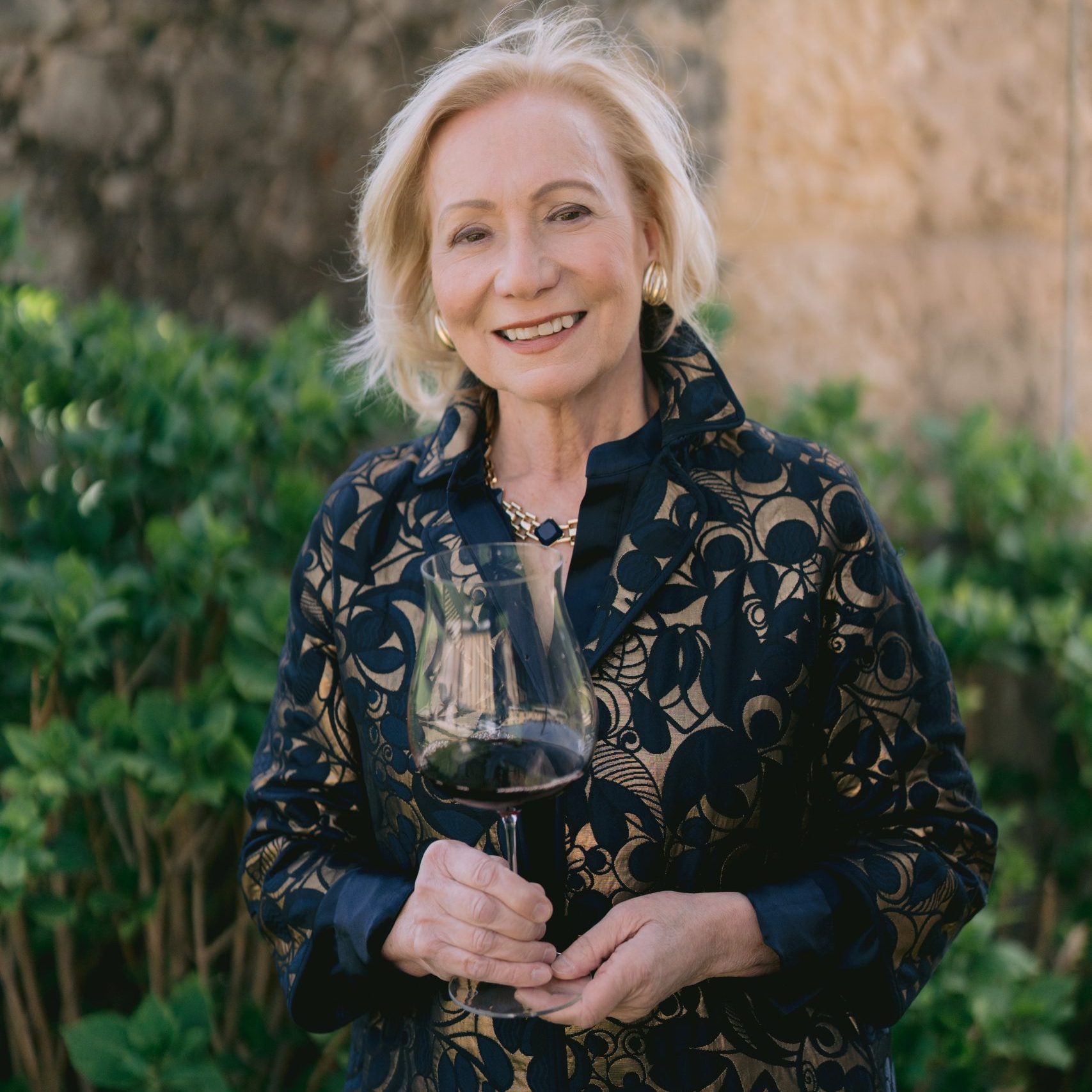Paradise Rescued regenerates a corner of Bordeaux
Both serendipity and vision have driven Paradise Rescued to awards success. db speaks to owner David Stannard about his “accidental winery”.
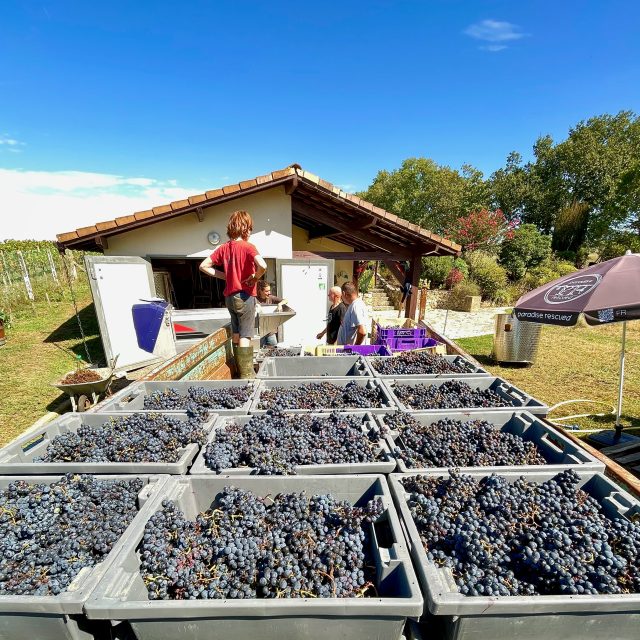
“Do the right things almost anywhere in the world,” explains David Stannard, “and you will get the right results.” It is a philosophy he lives by as he makes wines at Paradise Rescued, his small winery in the village of Cardan, an hour southeast of Bordeaux city. There, Stannard crafts wines with intention and vision for the future, as well as precision that perhaps reveals his scientific background in petrochemical engineering.
It is not, however, the full story. The early days of the project – one which Stannard bills an “accidental winery” – were defined by serendipity as well as intention. In adapting to his situation, however, Stannard has created an award-winning range that reclaims some of Bordeaux’s prestige for varietal Cabernet Franc.
He first discovered Cardan in 1992, buying a property in the small village as a second home. Although based in Melbourne, Australia for work, he was captivated by the rural setting: “as soon as I’d finished one visit, I was saying, ‘can I book the next flight? Let’s get started.’”
The turning point in making a winery came in the mid-2000s. With every return, Stannard noticed the creeping housing development in the idyllic village. He bought plots of land from neighbours specifically to prevent the excessive development of new housing. One of them, although initially believed to be Merlot, was a plot of Cabernet Franc that launched the wine range. “That was the crossing of the rubicon,” says Stannard.
He purchased the remaining parts of that vineyard, still uncertain what he might do with them. However, with beautiful vineyards in his possession he could not bring himself to uproot the vines. At the very beginning of 2010, he began the process of making wines.
Happenstance had led him to become a winemaker, but Stannard had a clear vision. He knew how he wanted to make wines, even if it was contentious. “This was all going to be organic, bar none,” he says. “We’ve got local people very close. We have families and children all around, so spraying synthetic pesticides and herbicides was not going to happen.”
“We went cold turkey, and most of the other vignerons in the village went absolutely ballistic. They complained that these guys weren’t spraying the right products on and that there would be disease everywhere.”
Nonetheless, Stannard persisted and, aided by a legendary vintage and a determined team, he saw a disease free year. Even in the early tastings from the barrel, he was convinced he had made something special, an opinion he still holds reflecting on his first vintage.
Partner Content
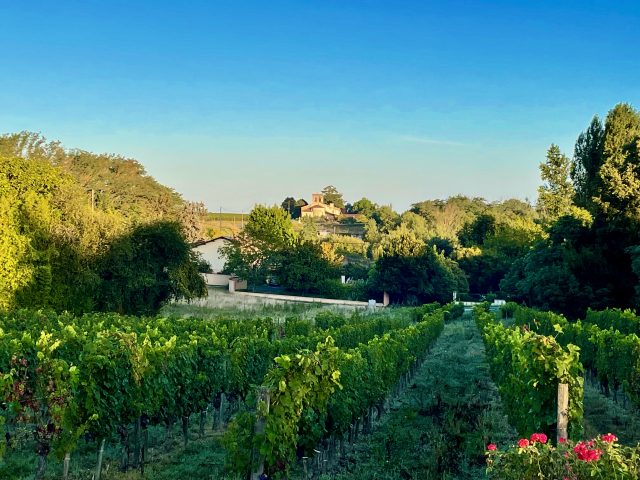
Several years and gold medals later, much has changed. Any scepticism from the locals disappeared long ago. The local mayor consistently supports the project and neighbours discuss rugby over a beer with Stannard at the crossroads in front of the vineyards. Paradise Rescued now also makes Merlot from a second block.
However, the dedication to sustainability has been a constant. Although the project began as a response for the local community, Stannard has studied the results of his winemaking and realised that organic production was the key driving his success. It has now evolved into a compelling case for regenerative viticulture.
In particular, he realised that nurturing the vineyard’s soils would feed through to the end product. Cover crops, biodiversity and reduced tilling help develop a healthy ecosystem to create the best possible wines. “If I have better, healthier, livelier soil, the vines will be more healthy and disease resistant. That will automatically give us better fruit, and then you can make great wine after that,” says Stannard.
It could be an expat way of thinking, or possibly the engineer’s instinct to constantly finesse, but that passion for improving soils leaves Stannard thrilled at the possibility of subverting Bordeaux’s closely guarded notions of terroir.
“Small producers like ourselves now have more power,” he smiles. “You won’t have the same terroir as St Émilion, thank goodness, but once you understand that you can create good soil, you’ll find it might just be better. It will express itself differently, so the preferred taste might – or might not – be in St. Émilion. But even though they’ve had 2,000 years of practice, you could still make better soil in the little village of Cardan.”
The Paradise Rescued B1ockOne Cabernet Franc 2017 won a Gold medal at the Global Cabernet Franc Masters 2024. Judge Patricia Stefanowicz MW supplied the below tasting note.
Paradise Rescued B1ockOne Cabernet Franc 2017

- Producer: Paradise Rescued
- Region: Bordeaux
- Country: France
- Grape variety: 100% Cabernet Franc
- ABV: 13.5%
- Vintage: 2017
- Approx. retail price: £16.30
When Paradise Rescued began its sustainability project in 2010, the Hourcat Sud block of Cabernet Franc was the only vineyard it owned. So, the company had no choice but to make a 100% Cabernet Franc. Originally named ‘Cloud 9’, the now organic brand has been renamed B1ockOne as the vintages began to create a ‘founders’ legacy’. Deepish ruby with a hint of garnet on the rim, the wine shows strawberry, raspberry and blue plum fruit with crushed rose petal and cedar wood. The mid-weight palate exhibits juicy fruit with brisk acidity, velvet tannins and a lengthy finish. Nicely integrated gentle vanilla oak adds dimension, suggesting a good match for artisanal exotic meat terrines or saucissons with cornichons on the side.
Related news
Castel Group leadership coup escalates


